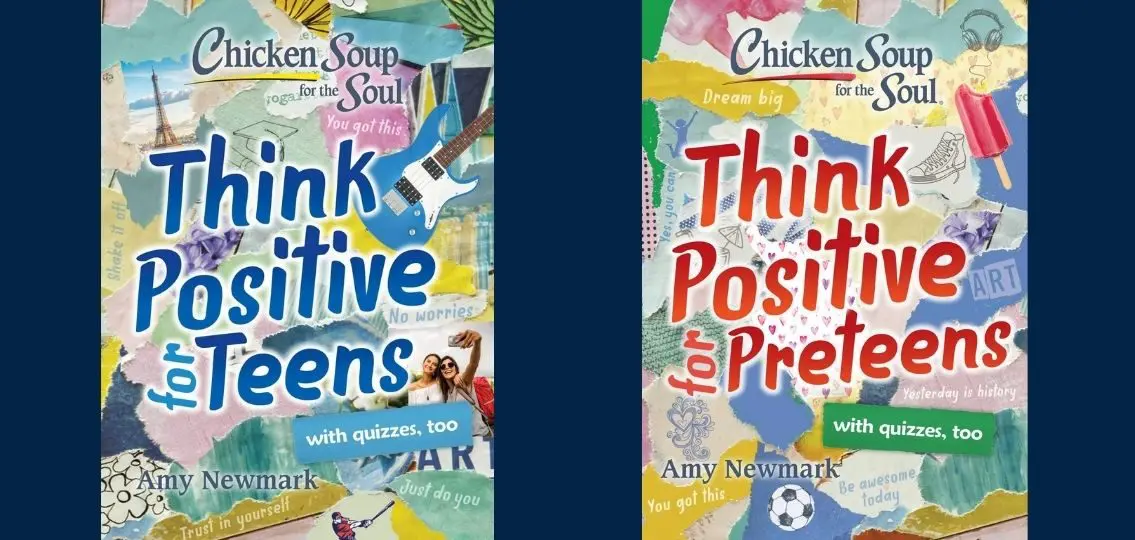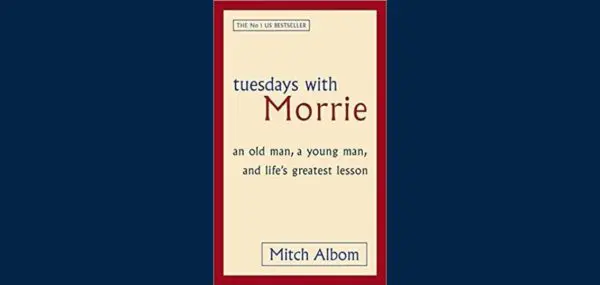Stories have connected hundreds of millions of people around the world. So it shouldn’t be surprising that “Think Positive for Preteens” and “Think Positive for Teens,” the latest productions of Amy Newmark, editor-in-chief and publisher of the Chicken Soup for the Soul book series, are making a difference in the lives of teens. (Enter raffle for free books.)
The Power of Stories for Teens and Tweens
The books are anthologies of short stories written about authentic challenges that all teens struggle with. Take the story titled “What’s Wrong With You?” for example, In it, a girl has been harshly – and wrongly – judged because of the way she chooses to dress. When circumstances unfold that pair her up with “the Disney princess” at her school, the two girls find that they have much to bond over. They are still friends to this day.
Or the story about a Black girl and her mom who eagerly head to the book store to get the long-awaited next book in a series she loves. As they enter the store, the alarm goes off and immediately the assistant manager ignores the white customer who is leaving and assumes that they have stolen something (even though they have not set foot inside the door). Regardless of the apologies that the mother demanded and their subsequent purchase of the book from a different store, the girl still must grapple with her first experience confronting racism.
| [adrotate banner=”195″] |
Clearly, the stories resonate with teens. Newmark explains that “these books will reach inside your teens and preteens.” We all learn best from stories and examples of other people. As parents, we often turn to someone else in our lives to find out how they handled a certain situation so that we get a sense of what we can expect. We seek out people who have been there and done that. Teens and preteens also benefit from hearing another story about someone who has been through the same thing that they’re going through.
Response to “Think Positive for Teens” and “Think Positive for Preteens”
The feedback that teens and preteens have offered has convinced Newmark that she will continue to publish more books like these two. Readers have shared that before reading the book, they felt like they were the only one with a particular problem. Now, they feel less alone.
Many readers affirm that the stories have also given them hope. In fact, one story titled “Sunshine State” features a gay teen who is worried about coming out to his parents. One day, he is feeling utterly defeated and is contemplating suicide. As he walks the aisles of the grocery store, an elderly woman who is a complete stranger looks at him and says, “It gets better, Child.” These kind words literally save his life.

Finally, Newmark made sure that “all of the stories have a positive resolution.” All teens search for agency. They want to know that they have to ability to handle a situation, and the stories in the books give them a path to follow. Teens can take their cues from seeing how the teens in the stories respond to the situations they find themselves in.



